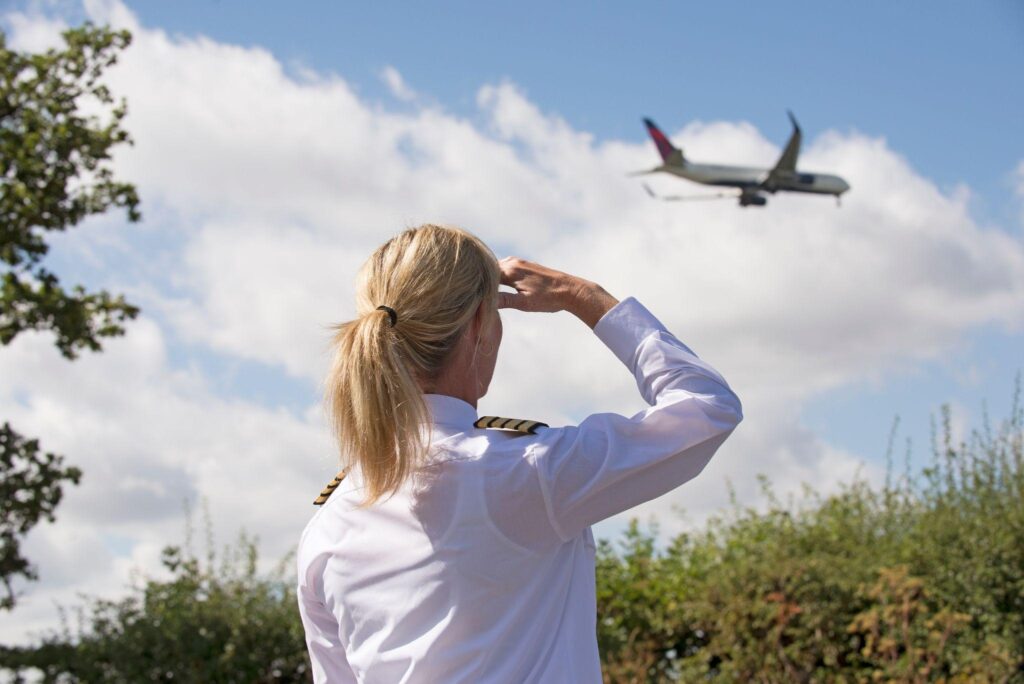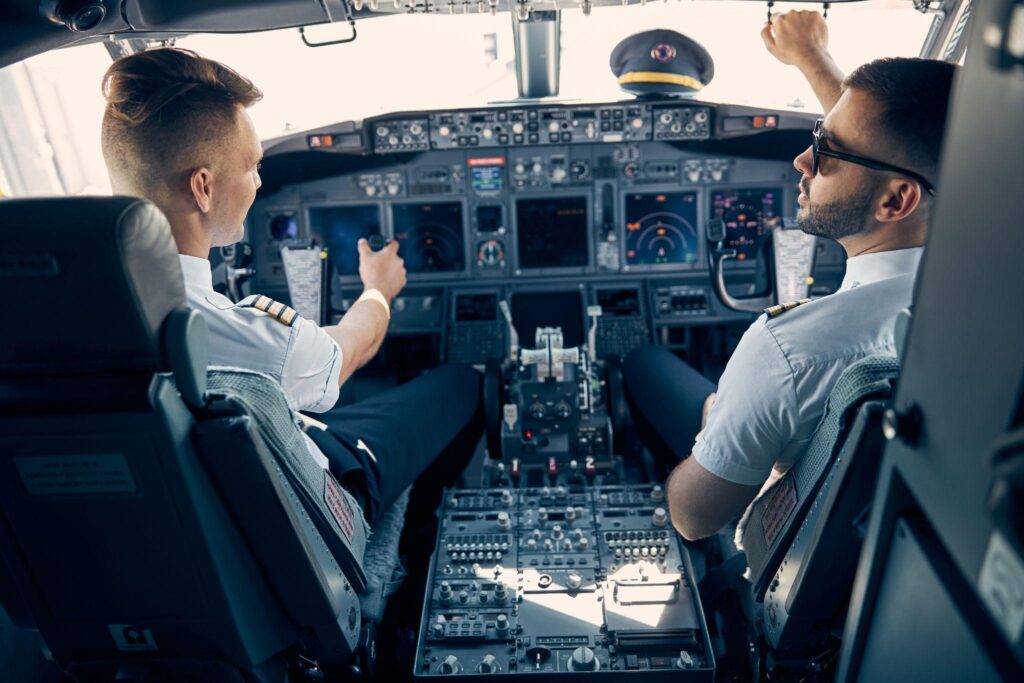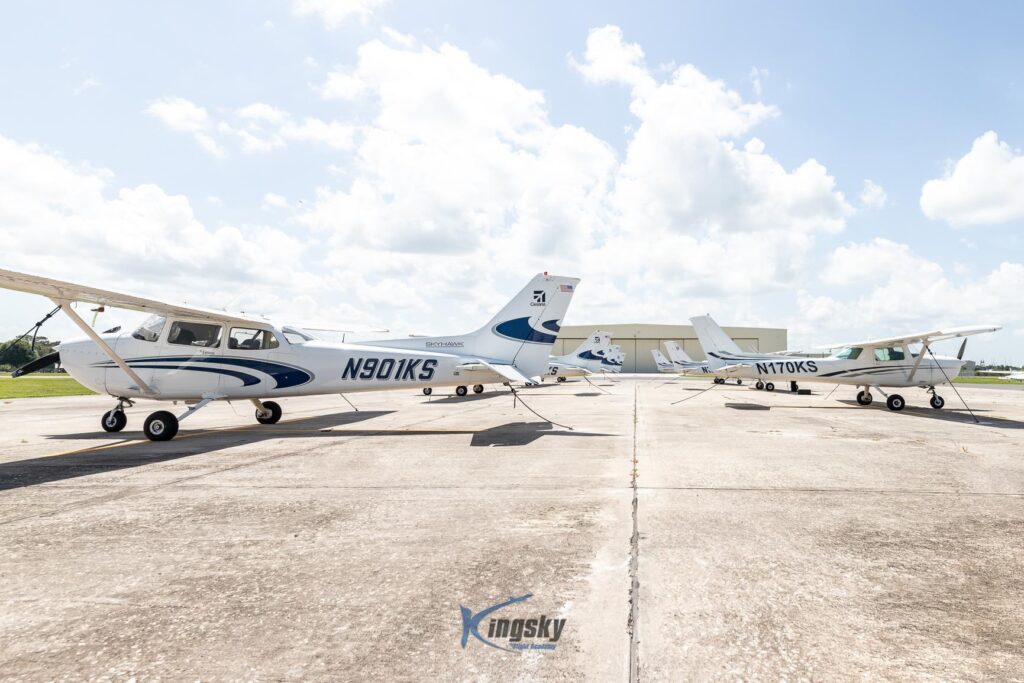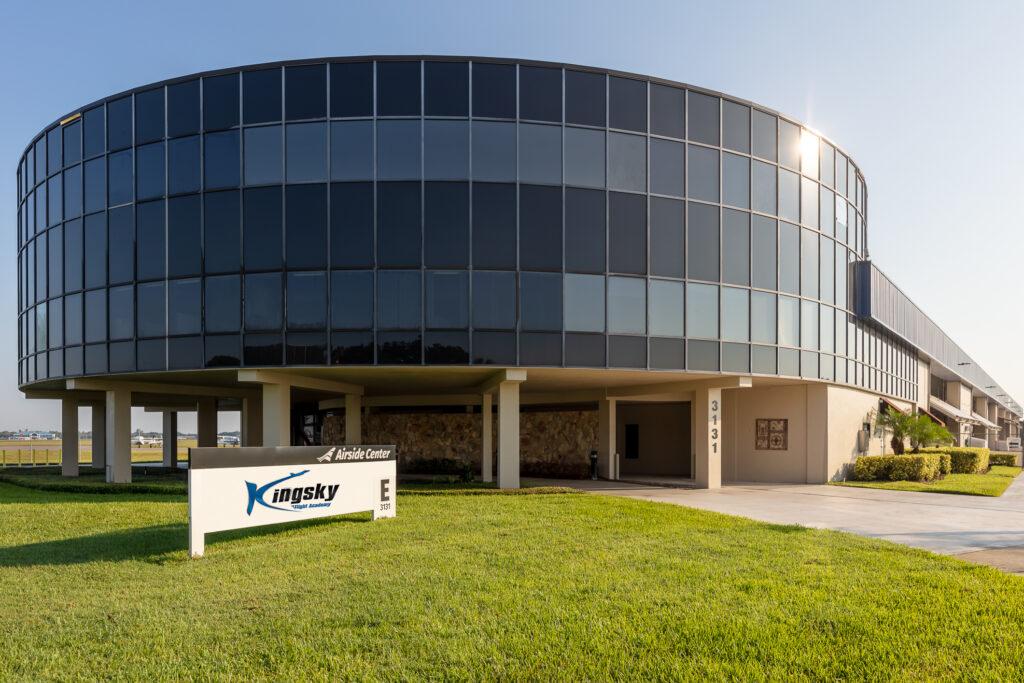The aviation industry is currently grappling with a significant pilot shortage, leaving many to wonder: how long will this shortage persist? The answer depends on several factors, including training pipelines, industry growth, and regulatory changes.
Let’s dive into the dynamics of the pilot shortage, why the USA still has a pilot shortage, and what it means for potential pilots.
What Caused the Pilot Shortage?

The pilot shortage didn’t happen overnight—it is the result of a perfect storm of interconnected challenges that have built up over years. A combination of factors has led to this issue, including:
Retirements
Thousands of commercial pilots have reached the mandatory retirement age of 65, creating a vacuum in the workforce. Airlines are struggling to fill these vacancies quickly enough to meet the current demand for pilots, as well as an increased need for flights. This has led to flight cancellations and increased workloads for existing pilots.
Pandemic Impact
During the COVID-19 pandemic, airlines downsized, offering early retirement packages to senior pilots. As travel demand surged post-pandemic, airlines struggled to rehire and retrain enough pilots. This unexpected surge highlighted the fragility of the pilot supply chain and the challenges of quickly scaling operations back up as well as retaining pilots.
Training Bottlenecks
The cost and time required to become a certified pilot have deterred many potential candidates. Flight schools and training programs also face capacity constraints. Limited availability of instructors, aircraft, and training facilities further exacerbates this bottleneck, delaying the entry of new pilots into the workforce.
Industry Growth
The global demand for air travel is increasing, particularly in regions like Asia and the Middle East, exacerbating the need for qualified pilots. As airlines expand their fleets to accommodate this growth, the need for pilots outpaces the current training and recruitment efforts, putting additional pressure on the industry.
Collectively, these factors have created an unprecedented challenge for the aviation sector, necessitating innovative solutions and long-term planning to restore balance to the workforce.
How Long Is the Shortage Expected to Last?

Estimates from industry experts suggest the pilot shortage could persist well into the 2030s. The exact timeline depends on several variables:
- Training Rates: Expanding flight schools and accelerating training processes could shorten the timeline.
- Retention Strategies: Airlines offering better pay, benefits, and career paths may attract more individuals to the profession.
- Technological Advancements: Automation in aviation could reduce reliance on human pilots. This is likely a long-term solution as commercial flights face significant regulatory, technical, and public acceptance challenges.
- Global Trends: While some regions face acute shortages, others may have a surplus of trained pilots, potentially balancing the global market over time.
Ultimately, the duration of the pilot shortage will depend on the industry’s ability to adapt to these challenges and implement solutions that ensure a steady pipeline of skilled pilots for years to come.
Opportunities for Aspiring Pilots

For those dreaming of a career in aviation, now is an opportune time to join the industry. Airlines are offering competitive pilot salaries, sign-on bonuses, and other incentives to attract new talent. Additionally, governments and training institutions are exploring ways to make pilot training more accessible and affordable.
Programs such as government-backed scholarships, low-interest student loans, and partnerships between airlines and flight schools are helping to reduce the financial barriers to entry. With increased demand, aspiring pilots can expect faster career progression, including opportunities to move into senior roles like captain and instructor sooner than before.
Moreover, the global nature of aviation means that pilots may have the flexibility to work in diverse locations, providing unique cultural and professional experiences. This is a golden era for those looking to turn their passion for flying into a rewarding and adventurous career.
Why Choose Kingsky Flight Academy?

At Kingsky Flight Academy, we’re committed to helping aspiring airline pilots achieve their dreams. Our comprehensive training programs are designed to equip students with the skills and pilot certifications needed to excel in the aviation industry.
With state-of-the-art facilities, experienced instructors, and personalized mentorship, Kingsky Flight Academy is the ideal place to launch your aviation career.
Become a Pilot With Kingsky Flight Academy

The pilot shortage presents challenges but also opportunities. As the aviation industry adapts to meet growing demand and aims to reduce the pilot shortage, aspiring commercial pilots have a unique chance to fill the gap and secure fulfilling careers.
If you’re ready to take to the skies, Kingsky Flight Academy is here to guide you every step of the way.
